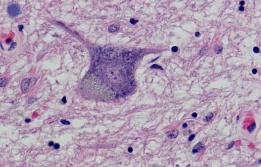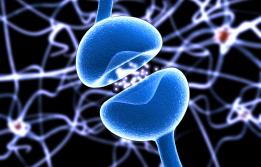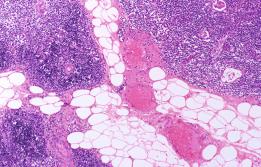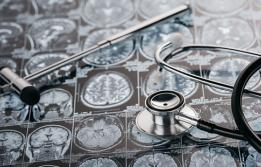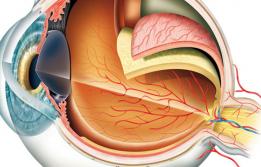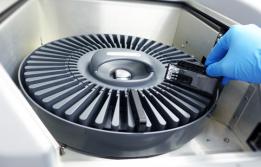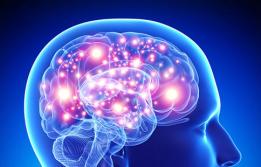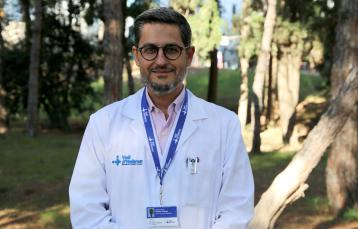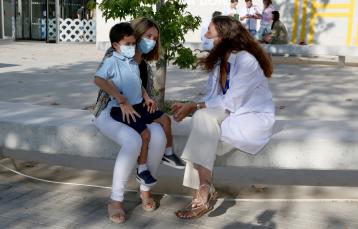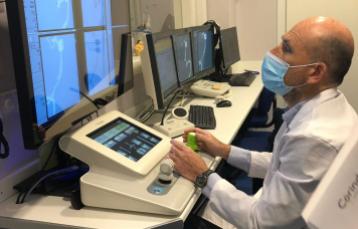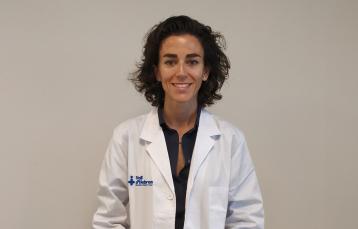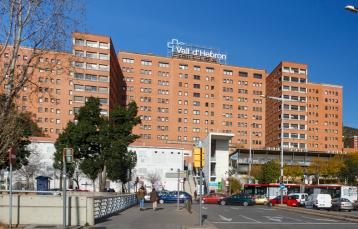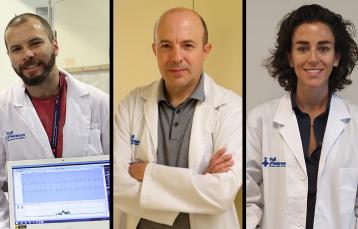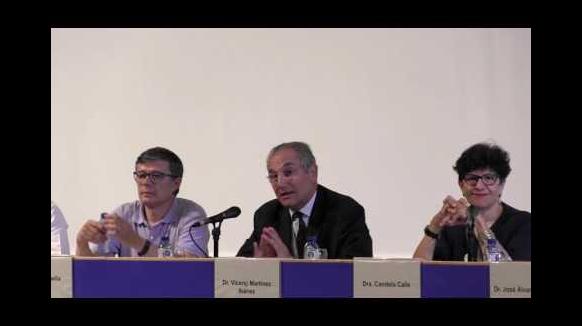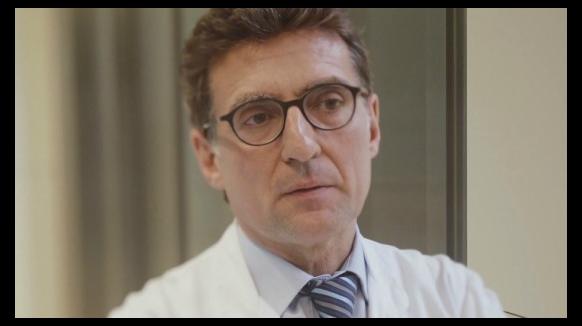Neurology
Description
Healthcare activity in neurology combines writing medical histories, diagnostic data collection, correct use of complementary exploratory procedures, and accurate clinical and aetiologic diagnosis, as well as choosing appropriate palliative treatments. We also emphasise the role of the relationship between resident doctors and patients in the basic areas of Neurology.
A large number of medical conditions and neurological illnesses can result in critical emergency situations, such as strokes and lupus. With this in mind, from the second year the duty shifts in neurological emergencies become a key aspect of residents’ work, and are always carried out under supervision. Neurologists are also required to carry out a rotation in neurological outpatient care.
Research studies are part of the practical work that neurologists must deepen and develop, with particular emphasis on ethical competence when carrying out research.
Accredited places: 4
Download the Unit training programme
Why should I specialise at Vall d’Hebron?
- Because our expertise and high number of patients underscore the fact that we are a leading hospital for the treatment of neurological disorders.
- Because we offer the chance to take part in applied research.
- Because residents have the chance to work under supervision when treating complex neurological conditions, both on the wards and in critical cases in the Accident and Emergency Department.
- Because residents are encouraged to attend conferences and training sessions to develop new approaches.
- Because residents take part in initial and second visits in the Headache Unit in the Outpatient Clinic on a day to day basis.
- Because duty shift handovers are carried out every day; case closure and mortality review sessions, neuroradiology and neuroscience sessions every week; magnetic resonance neuroscience sessions from the Research Institute and Radiology Department Units every fifteen days.












